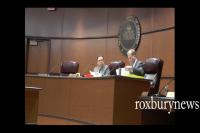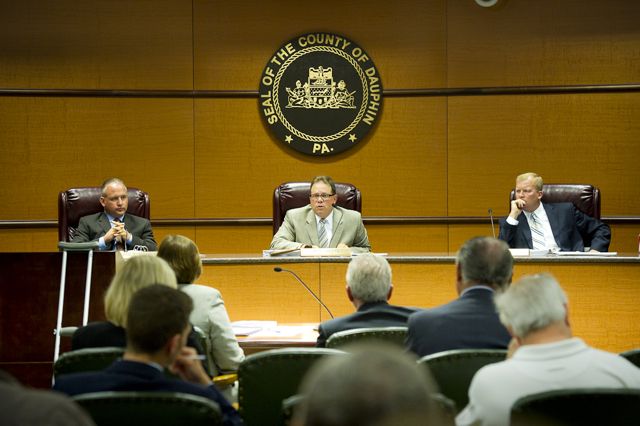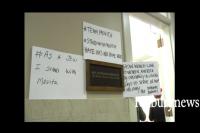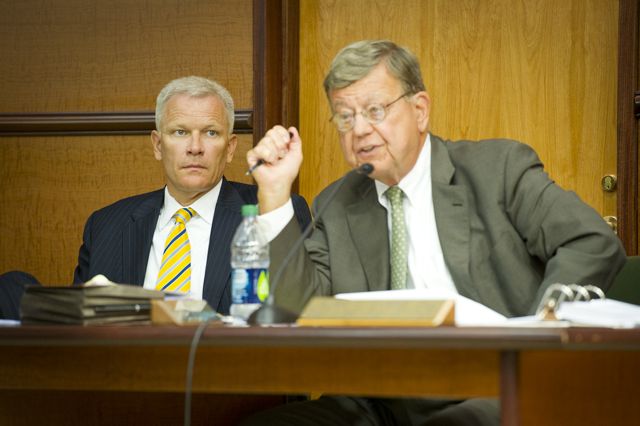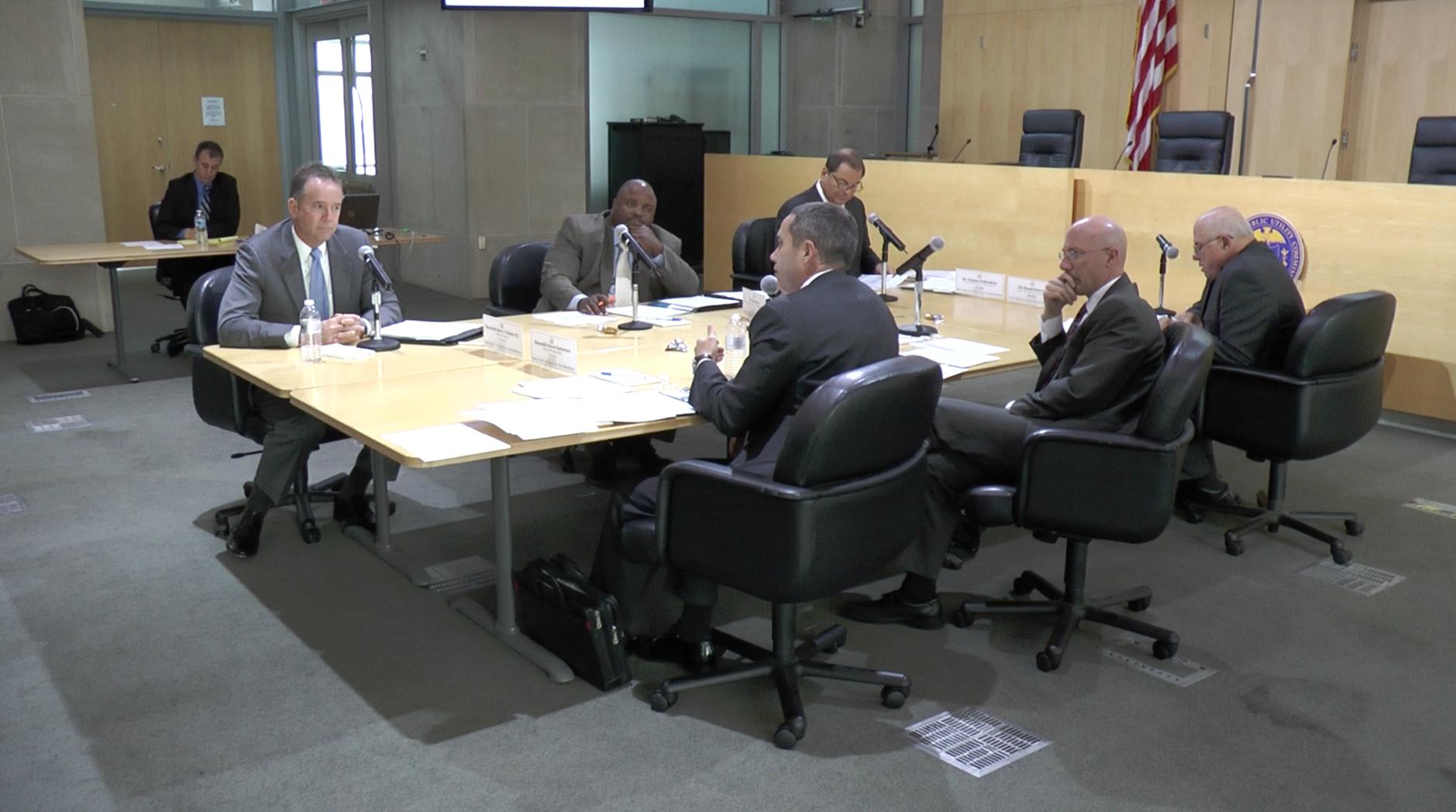As released by the Pennsylvania Department of Transportation.
Three Public-Private Partnerships will Deliver Better, More Efficient Transportation Projects
Plan to Repair Hundreds of Structurally Deficient Bridges among Those Approved
Harrisburg – Pennsylvania’s Public Private Partnership (P3) Board today approved three projects that will help provide transportation services and infrastructure more efficiently through partnerships with the private sector.
The board approved two proposals from the private sector and one project through which PennDOT and a third party would quickly replace hundreds of bridges.
“When Governor Corbett signed the P3 legislation into law, he gave us a tool to find more ways to work with private businesses to meet our transportation needs, or expand the services we deliver,” PennDOT Secretary and P3 Board Chairman Barry J. Schoch said. “Although this helps us stretch our limited dollars, we need more resources to help ensure that we can use the P3 program to its fullest potential.”
Through one partnership agreement, hundreds of structurally deficient bridges of similar design would be replaced under one contract to streamline design and construction. The successful low-bidder would manage the bridges’ design, construction and maintenance. Cost savings are anticipated since the same basic design and construction standards could be used for multiple bridges. The state also looks to save money by not paying for maintenance of those bridges for a yet to be determined number of years.
The P3 board also approved two projects based on proposals that were submitted by private industry. In the coming months the department will proceed with advertising a Request for Proposals (RFP) based on each concept. The RFP process will ensure any products or services are competitively purchased and achieve maximum value for the state and its taxpayers.
A project will be developed based on a proposal submitted by Paoli-based Site Acquisition Services, Inc. This project would allow the department to receive a fair-market “rental fee” for the use of its facilities such as bridges, signs, buildings and maintenance facilities where wireless antennas and related equipment can be attached. A contract would be awarded to a company that would market those opportunities to wireless service providers that may find those locations desirable to improve signals in the surrounding areas.
The other proposal was submitted by Bentley Systems, Inc., in Exton, and recommended that PennDOT replace its aging Automated Permit Routing Analysis System (APRAS), used to issue special hauling permits, with the company’s commercially available turn-key system already deployed in neighboring states. Based on their proposal, the department will pursue proposals for a new system.
In September 2012, Corbett signed into law the Public and Private Partnerships for Transportation Act, which authorized P3 projects in Pennsylvania. This law allows PennDOT and other transportation authorities and commissions to partner with private companies to participate in delivering, maintaining and financing transportation-related projects.
As part of the P3 law, the seven-member Public Private Transportation Partnership Board was appointed to examine and approve potential public-private transportation projects. If the board determines a state operation or project would be more cost-effectively administered or delivered by a private company, the department or appropriate transportation agency can advertise a competitive RFP and enter into a contract with a company to completely or partially deliver the transportation-related service or project.


